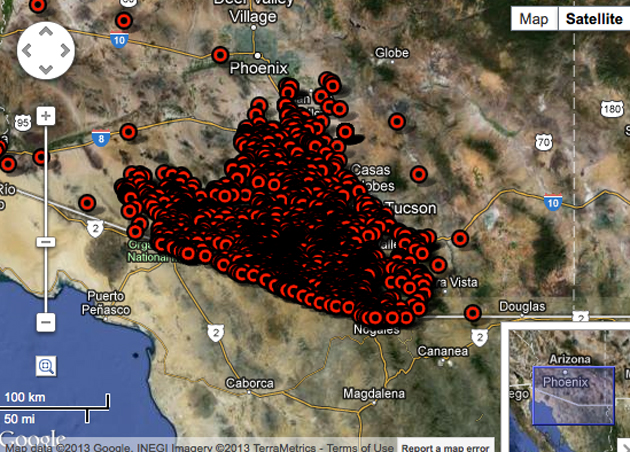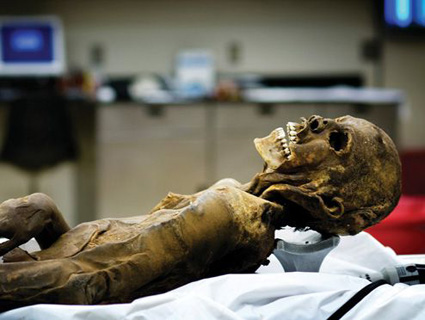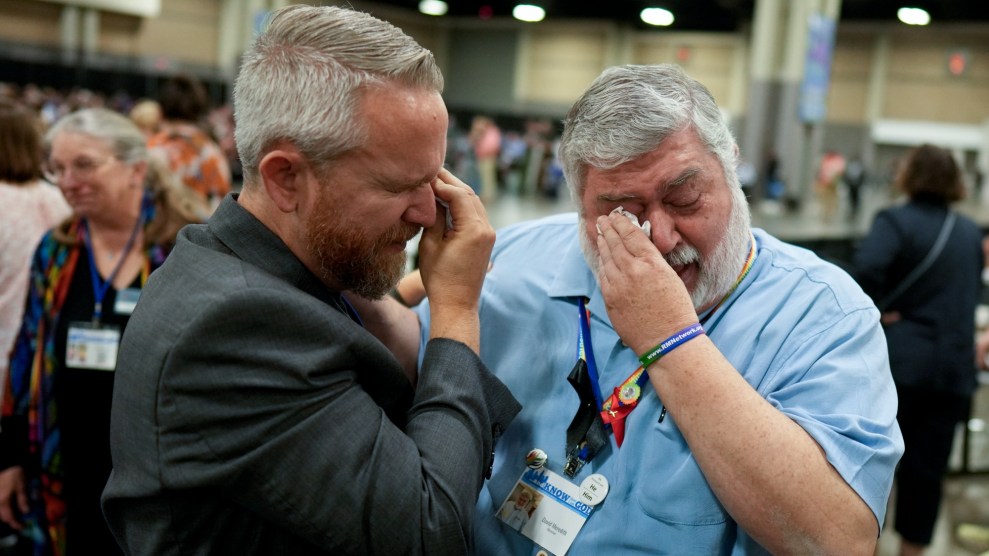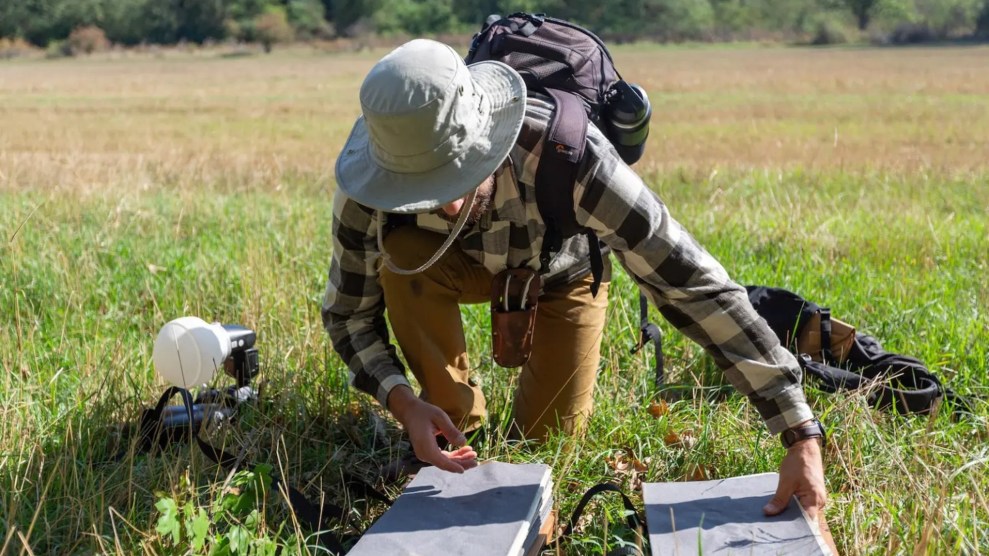On Monday, Sen. John Cornyn (R-Texas) published an op-ed on Fox News detailing his recent travels in the Rio Grande Valley, where he met an undocumented immigrant from El Salvador and visited a cemetery that houses the remains of unidentified migrants who died traversing the county’s scorching canyons. “As a policymaker, I have a responsibility to find real solutions to these issues that are all-too-familiar to Texans,” he writes. “Anything less only perpetuates this grotesque human tragedy playing out every day on American soil.” So far so good. He also released this video, which documents his trip to the cemetery with a close-up on the details (or lack thereof) on the unmarked graves:
At this point you might think that Cornyn is taking a lead role in combating the surge in migrant deaths in South Texas. But that’s where things get weird.
Cornyn’s video points to the increasing number of migrant deaths in Brooks County as evidence that the border isn’t really secure. That’s really the opposite of what’s happening. Rising migrant death totals aren’t a symptom of a porous border; they’re a symptom of a border that’s increasingly locked-down, and a testament to more effective enforcement policies in traditional migrant corridors—a point that’s made in the Washington Post story Cornyn cited in the video. The idea that tougher border security makes border crossings more dangerous is well-established (this 2009 report from the American Civil Liberties Union is instructive, as is this from the American Public Health Association). Contra Cornyn’s assertion in the video, Brooks County is what a secure border looks like. That’s why Coalición Derechos Humanos Arizona, which works with migrants in the Sonora desert, doesn’t support the enforcement-heavy bill currently being considered in the Senate.
Cornyn did vote for a successful amendment to the Senate legislation to mandate better data collection of human trafficking, inspired by this specific case in Houston. But he’s pushing for a harsher security policy that would exacerbate the problems Brooks County already faces—citing, among other things, the presence of men “wearing some form of turban” crossing into South Texas. (Cornyn has introduced his own legislation focusing exclusively on border security, which he’d like to see as a prerequisite for any kind of immigration reform.) During the committee markup, Cornyn broached the subject of Brooks County’s rising toll, but only to push for reimbursement for the county. On Thursday, he voted for a proposal from Sen. Jeff Sessions (R-Ala.) that would modify the Senate immigration reform bill to “strike the section that requires the Secretary of Homeland Security to issue policies governing the use of force by Department of Homeland Security personnel.”
















